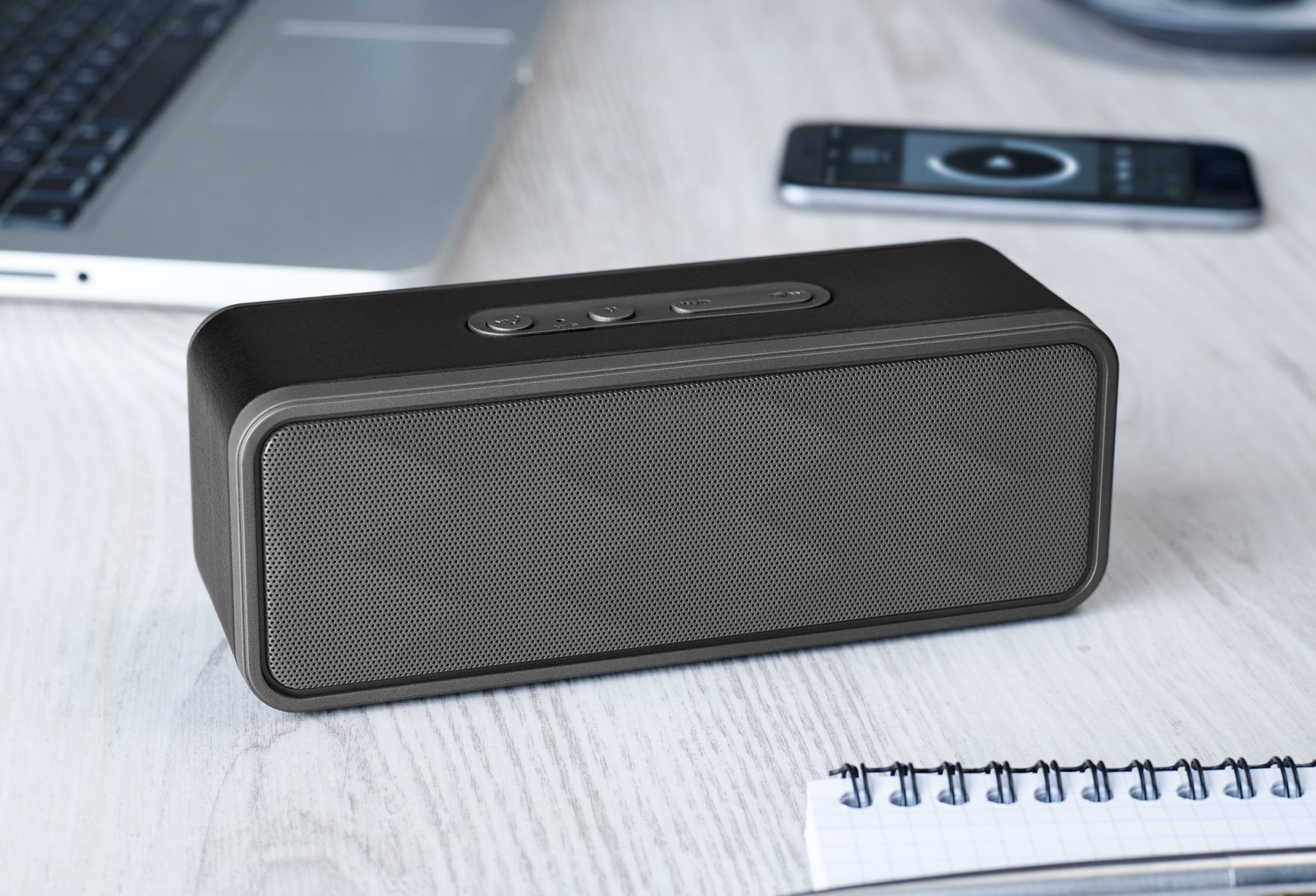Be careful the next time you’re arguing with your spouse in front of Alexa or Google Home—the digital assistants are close to having the ability to gauge how happy (or unhappy) your relationship is.
A new study from London’s Imperial College Business School shows that in the near future, in-home listening devices will have the capability to interpret arguments and come up with solutions to relationship problems.
Researchers believe that within two to three years, virtual assistants will be so good at interpreting relationship cues that they will have a 75 percent accuracy rate in predicting the success or downfall of a marriage, reports the Independent.
By analyzing a couple’s communication, including everyday conversation and bickering, these devices will be equipped to dole out relationship advice and counselling.
Aparna Sasidharan, from the Imperial College Business School, told the Independent that Artificial Intelligence (AI) will particularly benefit women in heterosexual relationships because men communicate differently.
“AI can pick up missed cues and suggest nudges to bridge the gap in emotional intelligence and communication styles,” Sasidharan explained. “It can identify optimal ways to discuss common problems and alleviate common misunderstandings based on these different priorities and ways of viewing the world. We could be looking at a different gender dynamics in a decade.”
The study also examined how technology could affect online dating, including compatibility.
“In another decade we could be seeing revolutionary changes with dating apps moving to continuous relationship coaching or marriage counselling as well as improving relationship health and helping people project a more attractive persona,” Sasidharan noted. “AI is changing our perceptions of love and relationships and could play a significant role in shifting familiar societal approaches to finding love.”
It’s believed that within a few years, single people will use a combination of AI and genetic matching to find someone with whom they are physically, mentally and emotionally compatible. Imagine finding the love of your life after being matched up in a laboratory? Within a decade, researchers predict it will be easy to identify sexual chemistry between people who have never met each other.
It’s not so farfetched. Scientists can already measure sexual attraction by monitoring heart rate and blood pressure. And wearable tech that tracks eye contact and touch also predict sexual chemistry.
Using these methods combined with MHC genes analysis will enable experts to match people together.


